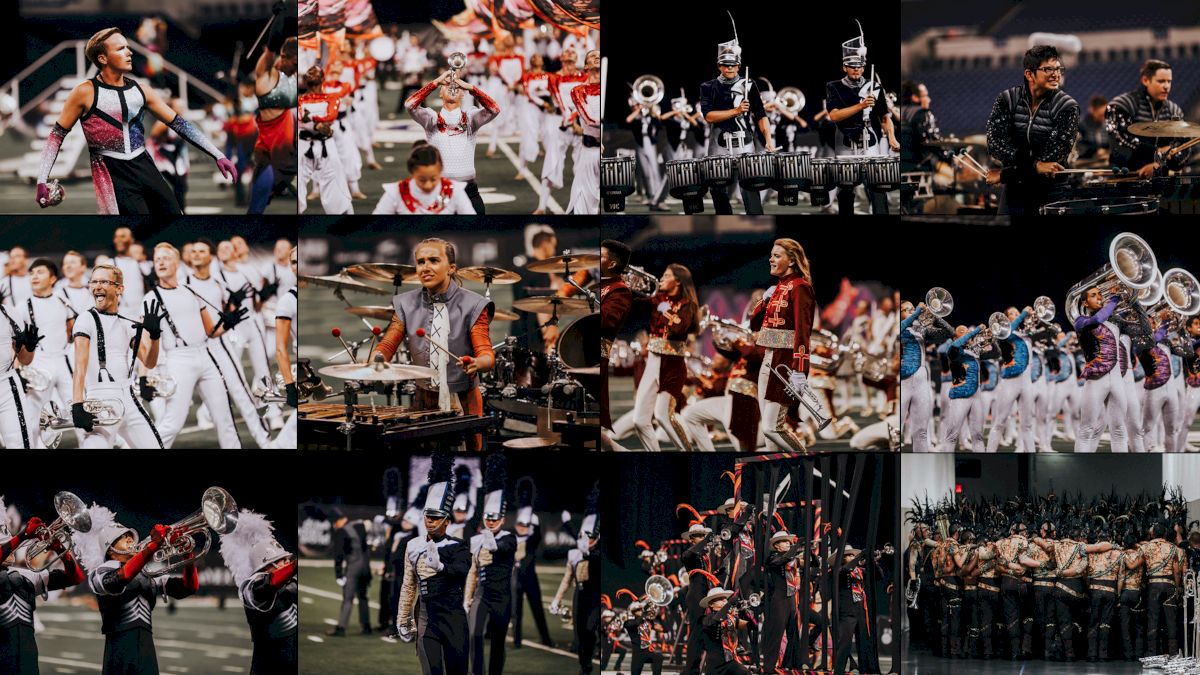Diving Into Drum Corps: Callbacks
Diving Into Drum Corps: Callbacks
By the end of Sunday of your audition camp, you will inevitably hear one of these three incredibly powerful words: contract, callback, cut.

The first weekend of drum corps auditions in November are a prompt reminder of how stressful this part of the season can be for prospective members and even veterans who are looking to move to different corps or change instruments.
By the end of Sunday of your audition camp, you will inevitably hear one of these three incredibly powerful words: contract, callback, cut.
As someone who has auditioned for three different drum corps — and experienced three wildly different auditions at Glassmen, Bluecoats, and Blue Devils — it's the request for a callback that can often be the most confusing, ambiguous, and even the most stressful of the audition process' three "C's."
How are callbacks determined?
To start with a scenario: There are 24 open spots in trumpet section at the Blue Triangles Drum and Bugle Corps, with 100 trumpet players auditioning. Per the Blue Triangles' audition procedures and determination of skill level, each person receives a score on his or her marching audition and playing audition. If you average a score above "80," you get a contract.
Let's say 16 auditionees scored above 80 and have now received a contract. Of the 84 trumpet players left, the Blue Triangles now have a couple ways they can approach handing out callbacks. For one, they can decide to hand anyone that scored above a "70" a callback.
In this case, 14 people scored above a "70" and are all given callbacks to fight for the final eight spots on the trumpet line.
Another option for the Blue Triangles would be to take the number of open spots left and figure out how many people they want to continue to audition for those number of spots — "If there are eight spots left, we theoretically want at least three people auditioning for each of those eight spots, resulting in 24 total trumpet callbacks."
There are other methods that corps use, but they are essentially hybrids of these two concepts or slight adaptations from one or the other.
What do I do now that I have a callback?
Having received a callback to become a member of the 2014 Bluecoats trumpet line, I know how stressful your position can be heading into your second round of auditions. You're essentially in drum corps limbo — you are excited for not being cut, but at the same time you could easily be sent home without a spot after another month of exhaustingly hard work.
The deciding factor of whether or not you deserve a spot after a callback in most drum corps often comes down to two things: your personal practice sessions and your attitude.
Your individual practice sessions between auditions must be focused and frequent. Feedback is a gift when it comes to differentiating yourself from other callbacks. And how you apply those lessons during your practice time is a reflection of your attitude.
One of the biggest traits that can successfully carry you through any drum and bugle corps is being able to receive criticism, make adjustments, and apply the adjustments continuously, ad nauseam.
Yes, all of that information you received while standing still in that four-hour brass block was extremely valuable and should also be applied — but it is for everyone in the room. On the other hand, the information you receive directly via your caption head and their staff is drum corps GOLD.
If you don't have enough feedback, ask for more. The staff members and even veterans of these drum corps want to have the best talent coming to their drum corps. If you are a likely candidate to be a member of their section, logically, they are inclined help you become the best musician you can on your pathway to marching.
Final words: Do not be discouraged
Every year, more people are auditioning for drum corps and more people are inevitably being cut. If this is you, do not get down on yourself. There is always next year to audition (until you turn 21, of course), and many corps see spots open up going into April, May, and even June — so keep an eye out, stay involved, and stay informed.
Make sure to visit our social media accounts (Facebook, Instagram, Twitter) to ask us your audition questions and talk to others about their audition/callback experiences! I will be answering your questions in a video we publish next week as we take another step closer toward the 2018 Drum Corps International Tour!